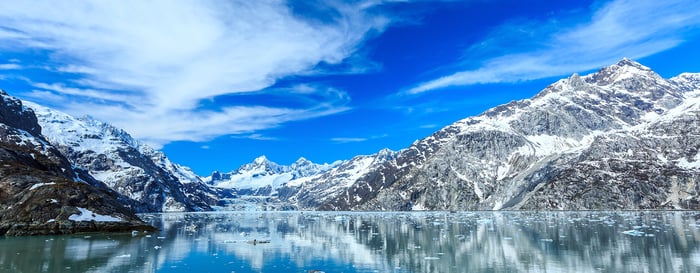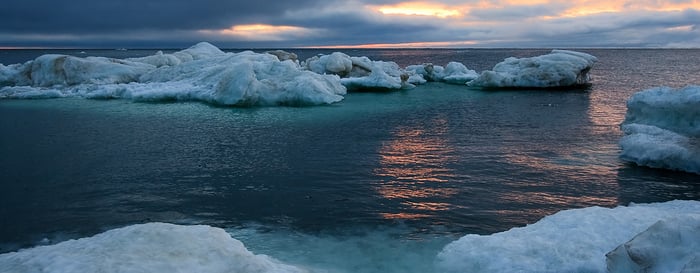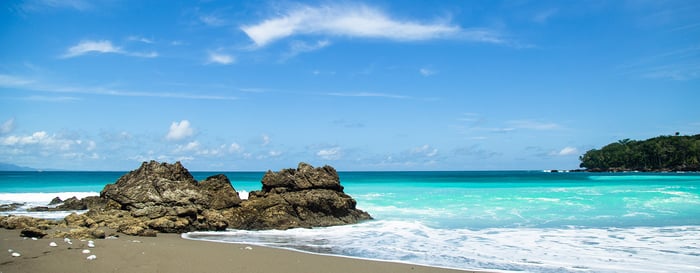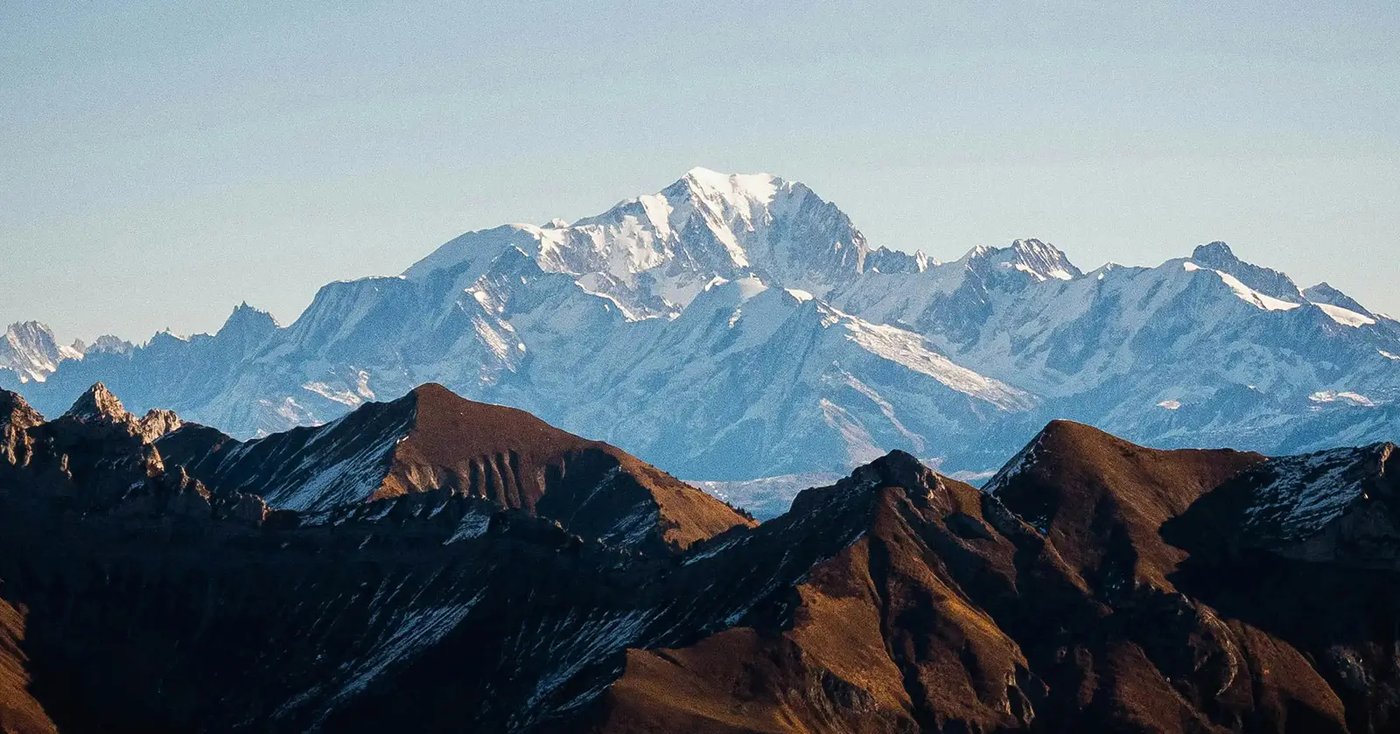My home, Samoa, is an island nation in the heart of the Pacific Islands.
As pacific islanders we are culturally connected and wholly dependent on the ocean for survival. More than 3,000 years ago my ancestors built and set sail in ocean going double-hulled voyaging canoes (Va’a) and used a sophisticated wayfinding system based on nature - currents, winds, sun, moon and stars. They explored thousands of miles of open sea and settled in Polynesia. These are the most isolated set of islands on earth… From Aotearoa to Hawaii, the Cook Islands to Easter Island – each one as beautiful as the next. Samoa is affectionately known as the heart of Polynesia.
As time has passed, aspects of the environment and culture have changed, and in some cases been lost. In answer to this many Polynesians have revived the ancient art of voyaging and wayfinding by the stars. In 2009, we were gifted the Gaualofa from the Okeanos foundation, a traditional voyaging canoe that we could take on a two-year voyage around the Pacific and use to help reconnect young islanders to their heritage. We chose to turn it into a floating school upon which we could teach young islanders about their past and encourage them during this time of climate change to act once more as the guardians of the oceans.

Our first practice voyage was in 2010 in Tavarua, since then we have sailed more than 40,000 nautical miles. The boat comes with traditional canvas sails and rope sheets, but it also features two small solar powered engines that help navigate lagoons and harbours.
We mark our arrival at each destination by blowing on a conch shell and then we’ll see the kids tumble out of their schoolroom and rush to the bay to greet us. At each point on our journey we will offer an interactive workshop that teaches children about navigation, their culture and the environment. Through songs, dance and art, kids learn about coral health, mangroves, fisheries and food webs.
While I love sharing what I have learnt with the children, I have also learnt a lot from the journeys that we have taken. Voyaging has taught me so much about the Pacific Ocean – given me a deeper sense of its “mana” (prestige and authority) and has demonstrated how the ocean connects our people of the Pacific. Most of our people live on the coast, so our lives are closely intertwined with the health of our marine resources. This means that we are vulnerable to the impacts of climate change. Warming sea temperatures, ocean acidification, and more frequent and severe storms are already taking their toll across this region.
As global community we are all looking for solutions for being sustainable in a changing climate. One is our current big effort to effectively protect 30% of nature in the next 10 years. This will require effective, proven, bold and innovative activities to make this ambitious and critical goal a reality.

As we have this long-term outlook in mind, we need to have the younger generation involved in the solution. If children grow up experiencing nature and learning to care for our planet, they can build a better future for humanity as adults. This is the key to sustainability, as today’s students are tomorrow’s village leadership, fishermen, business people, government officials, scientists and conservation leaders who will need to understand and practice guardianship over their natural resources.
The voyaging canoe is a floating classroom which connects us with our island people reminding how we once lived, what we were capable of, and our unique cultural perspectives on our natural world. We have now educated hundreds of kids through this approach and are in the process of having our interactive teaching modules integrated into the Samoa national school curriculum. Children have an amazing emotional power to focus community attention and it's this that will harness the change that is needed. By looking to the past, we are able to bring attention to the present, and ultimately to use this to guide us into the future.
Schannel Fanene van Dijken is the Pacific Islands Marine Programme Director for Conservation International and President of the Samoa Voyaging Society.
Alaskan Whales & Glaciers Cruise
Alaska United States of America North America
-
Explore Alaska's LeConte, Baird, Sawyer and South Sawyer
-
Go whale watching in Frederick Sound
-
Skiff through iceberg waters of Tracy Arm
-
Boardwalk, bushwhack, and trail hikes in Tongass National Forest
-
Kayak, paddle board and skiff in hidden coves and narrow fjords
Arctic Wildlife Safari
- Search for polar bears hunting seals in the pack ice on an arctic safari
- Explore historical sites including early whaling camps, trappers’ cabins, deserted coal mining operations, and an abandoned polar research station
- Sea kayaking near tidewater glaciers and icebergs
- Look out for humpback whales from the outdoor decks
- Take advantage of the included photography program and learn alongside the onboard expert
Classic Costa Rica
San Jose & the Central Valley Costa Rica
- Explore the waterways of Tortuguero in search of wildlife
- Experience the volcano and cloud forests at Arenal
- Discover the rainforest and beaches of Manual Antonio
- Marvel at the diversity of Costa Rica’s flora and fauna
- Experience the habitats of the Caribbean and Pacific coasts








